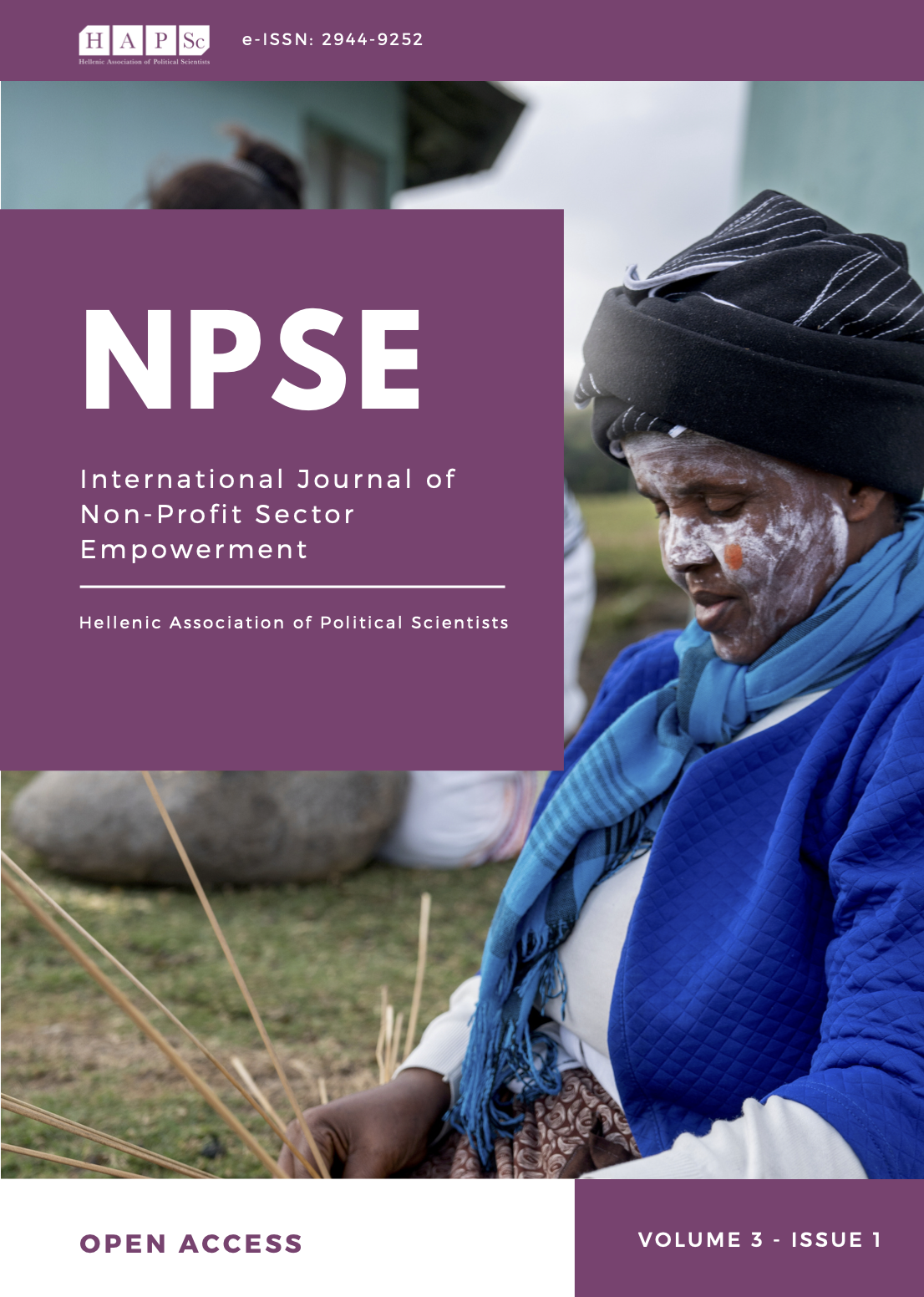Exploring Coastal Societies' Ties with the Sea and the Impact of Ecosystem Regulations

Abstract
This paper examines the close connection between coastal communities and the marine environment, which has long served as a vital source of sustenance and economic opportunity. Despite the numerous benefits derived from this profound relationship, human activities have increasingly imperilled the health and resilience of marine ecosystems. Overfishing, pollution, and habitat destruction are among the chief drivers of these impacts, which have contributed to a range of global environmental challenges. To better understand the implications of these issues for coastal communities, this paper considers the ways in which the collapse of aquatic ecosystems threatens human wellbeing in these regions. The article also presents a range of proposed policy interventions aimed at addressing these challenges, including sustainable development and corporate social responsibility initiatives, as well as more targeted interventions such as sustainable fishing practices, lifestyle changes on the individual level and the use of natural infrastructure. By addressing these challenges, it may be possible to safeguard both the livelihoods of coastal communities and the long-term health of marine ecosystems.
Article Details
- Section
- Research Articles

This work is licensed under a Creative Commons Attribution 4.0 International License.
Authors retain copyright and grant the journal right of first publication with the work simultaneously licensed under Creative Commons 4.0 (CC-BY 4.0) license, that allows others to share the work with an acknowledgement of the work's authorship and initial publication in this journal.





